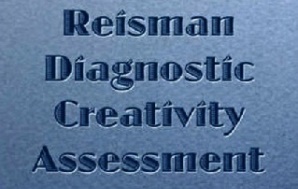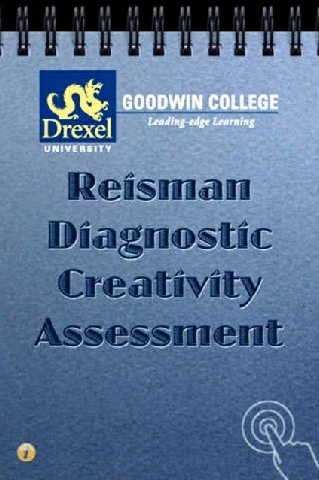
Reisman Diagnostic Creativity Assessment Special Interest Group
The Reisman Diagnostic Creativity Assessment Special Interest Group (RDCA SIG) was inaugurated on August 11, 2015 at the 2015 edition of the KIE Conference. The RDCA SIG was constituted to honour an aspect of the work of Dr Fredricka K. Reisman, Emeritus President of the American Creativity Association and the Director of the Drexel-Torrance Centre for Creativity and Innovation, Philadelphia, USA. The RDCA SIG Presentations is moderated by Dr Larry Keiser, Assistant Clinical professor & Director of Special Projects & Certification Officer at Drexel University, USA, and a co-developer of the RDCA tool. The RDCA SIG has done a number of presentations in the past five years – including The Power of Becoming Aware of Our Creative Strengths and Weaknesses—and How this Helped Us Cope with Life Changing Happenings! (2018) and A creative exploration of autism, dyslexia and dyscalculia (2017).
RDCA – Reisman Diagnostic Creativity Assessment
The RDCA measures eleven aspects of creative thinking such as originality,fluency and flexibility of ideas, risk taking, resistance to premature closure, divergent and convergent thinking, tolerance of ambiguity, intrinsic and extrinsic motivation, and elaboration. The RDCA is built upon the Torrance Tests of Creative Thinking (TTCT), the most widely used test of creativity. While the TTCT takes an hour to complete and must be scored by trained evaluators, the RDCA takes about ten minutes to complete and is scored automatically. The RDCA assesses an individual’s self-perception of 11 creativity factors:
Originality: Unique and novel (36 possible points)
Fluency: Generates many ideas (18 possible points)
Flexibility: Generates many categories of ideas (18 possible points)
Elaboration: Adds detail (24 possible points)
Tolerance of Ambiguity: Comfortable with the unknown (18 possible points)
Resistance to Premature Closure: Keeps an open mind (24 possible points)
Divergent Thinking: Generates many solutions (18 possible points)
Convergent Thinking: Comes to closure (18 possible points)
Risk Taking: Adventuresome (24 possible points)
Intrinsic Motivation: Inner drive (24 possible points)
Extrinsic Motivation: Needs reward or reinforcement (18 possible points)
The total raw score is then calculated out of 240 points. The goal of the RDCA is to identify one’s creative strengths rather than to predict creativity. A score above 50% of the total possible points for each factor is judged as above average.
The Reisman Diagnostic Creativity Assessment (RDCA) is a free Apple App offered by Drexel University’s School of Educa tion and the Drexel-Torrance Center for Creativity and Innovation, and which may be accessed via iTunes.
